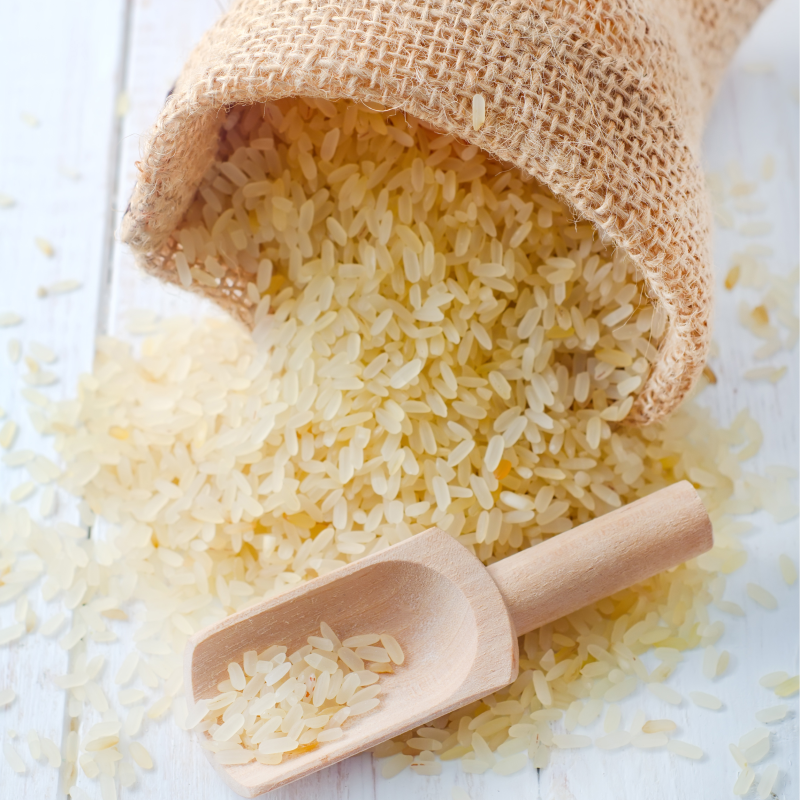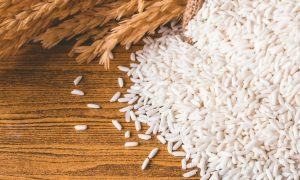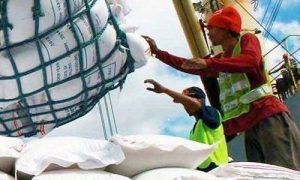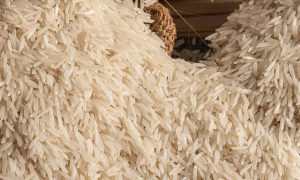Punjab millers say Centre’s curbs on basmati rice export will favour Pakistan market

The recent export curbs imposed by the Central Government on basmati rice has dealt a heavy blow to the farmers and traders in rice producing states and will eventually favour Pakistan’s export industry, the millers in Punjab have said.
On August 25, the Centre imposed a Minimum Export Price (MEP) of US$1200 per Metric Tonne (MT) on basmati rice. The Agricultural and Processed Food Products Export Development Authority (APEDA) has been told to limit the issue of registration-cum-allocation certificate, mandatory for every transaction, only to shipments contracted above the floor price.
As per the directive, the floor price restriction for exports is to “remain effective till 15.10.2023 and the situation reviewed in the first week of October 2023”. The period from mid-September to mid-October is considered to be the peak marketing season for the 90-100 days’ basmati varieties.
The association highlighted the fact that basmati rice export data from the past four months (April to July), where approximately 71.40% of the rice fell within the price bracket of $700-1200 per MT. In addition, they pointed out that at the International Food Fair in Istanbul on September 6, Indian rice exporters faced difficulties as international buyers turned to Pakistan due to the recent MEP imposition.
Millers say that the MEP decision will effectively halt basmati export, benefiting Pakistan, which produces 1.5 million tonnes of the aromatic rice. Indian exporters are expected to lose their customer base, and regaining lost share in the market may prove challenging, they said.
Agricultural experts said that the curbs would have a negative impact on farmers, particularly those who have expanded basmati cultivation this year due to flooding in Punjab. The increase in cultivation area, particularly for short duration basmati varieties 1509 and 1847, was driven by the destruction of standing paddy crops in floods.
This year, approximately 41per cent of the basmati area in Punjab is expected to be dedicated to these short varieties. This year due to the floods, Punjab’s basmati cultivation area has increased by one lakh hectares from last year’s 4.94 lakh hectares, according to the state agriculture department. In Punjab, nearly 2 lakh farmers are engaged in basmati rice cultivation.
The association stated that with an indirect ban, exporters may refrain from purchasing basmati rice from farmers, impacting their income. “Why would exporters purchase from farmers when there is no export order,” said Ashok Sethi, the director of the association.
They also raised concern over hybrid basmati varieties introduced by agricultural universities and institutes, which offer higher yield and disease resistance but do not command the same prices as traditional varieties. These hybrid varieties constitute a significant portion of Indian basmati rice exports.
Citing Punjab government’s initiative of promoting quality basmati for international export, the association said over 3,600 farmers in 42 villages of Amritsar’s Chogawan area, who are part of the initiative, may be at risk due to the MEP decision.
Indian basmati exports play a crucial role in the country’s economy as 4.5 million tonnes of the rice was exported last year with an estimated value of Rs 38,000 crore.
They said the Centre’s move may not effectively control inflation. Last year, the total production of basmati in India was 6 million tonnes and and that of non-basmati rice 135.54 million tonnes. On one hand, there is no restriction on the export of non-basmati parboiled rice, which means it is exported at $300 per metric tonne with a duty of 20%. Whereas, 1509 basmati parboiled rice, a higher-priced variety, is not allowed to be exported. If lower-priced varieties of rice will go out of India and higher price will be restricted, then the agenda of controlling prices will fail, they pointed out.















